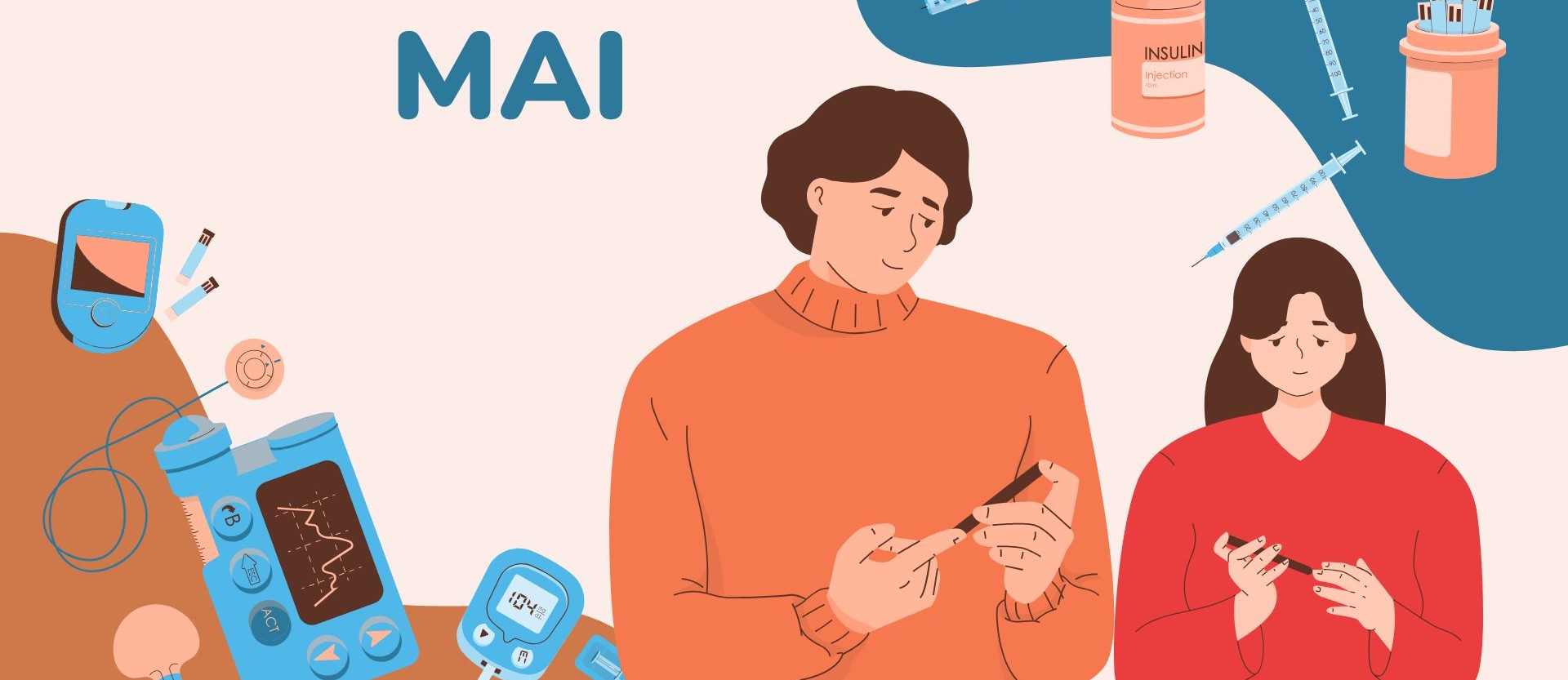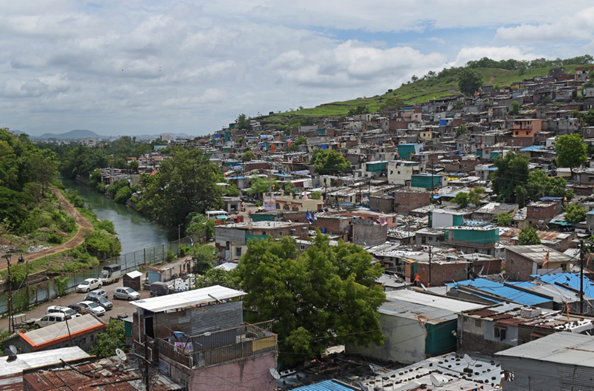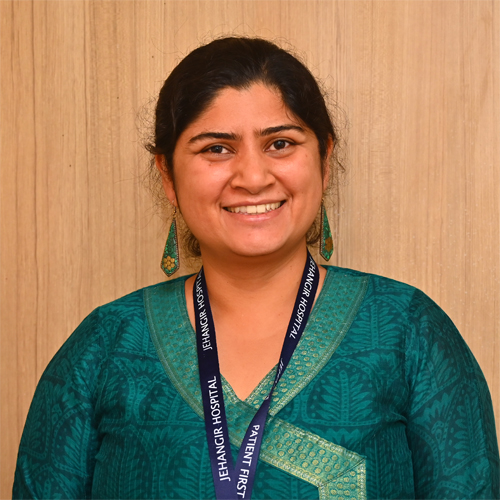MAI

Maternal and Infant Project
The MAI Project is dedicated to improving maternal and child health in both rural and urban settings, with a special focus on underserved slum communities. Our efforts include monitoring gestational weight gain among pregnant women, assessing the use of maternal and child healthcare services, and studying infant and young child feeding (IYCF) practices. Through longitudinal and qualitative research, the project generates evidence to guide effective interventions and policies for healthier outcomes among mothers and children across diverse environments.
Goals and Objectives:
- ● Address disparities in maternal and child health among vulnerable populations using a systems-based approach.
- ● Examine the relationships between food systems, healthcare access, and caregiving practices.
- ● Promote sustainable, gender-equitable solutions for maternal and child well-being, especially in the face of social and environmental changes.
- ● Map the current ecosystem of maternal and child health in and around Pune to identify gaps.
- ● Develop and implement targeted strategies based on gap analysis to drive impactful interventions.
Key Achievements (Till 2024):
- ● Launched longitudinal tracking of gestational weight gain among pregnant women in rural and urban slum areas, creating a valuable database on maternal nutrition.
- ● Documented patterns and barriers in the utilization of maternal and child healthcare services in underserved urban communities.
- ● Conducted qualitative research to understand perceptions, practices, and challenges related to maternal health, IYCF, and access to care.
- ● Investigated IYCF practices in slum settings through mixed-methods research to design culturally relevant interventions.
- ● Established collaborations with local health workers, community organizations, and academic partners to enhance community-based research and action.
0
Home Visits
0
Centre Visits
0
New Admission
0
Follow-up Calls
0
School Visits
0
HbA1c Tests
0
Eye Check-ups
Where We Work

Pune
Rural communities surrounding Pune and underserved urban slums within the city.

